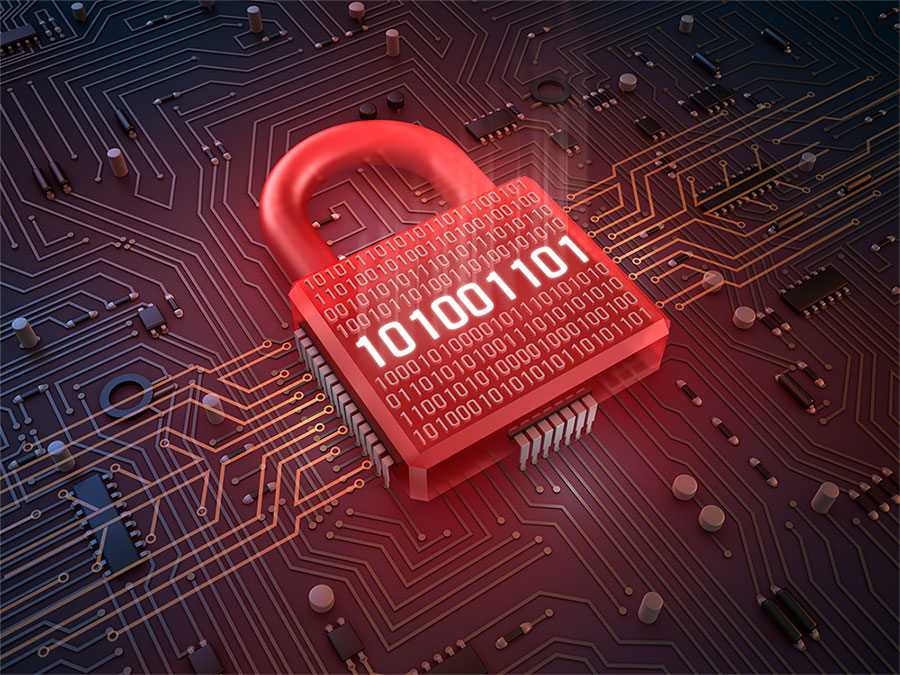
Cyber security is one of the important requirements for any IT organization to protect their confidential and business critical data from getting stolen by hackers. Cyber security involves protection of your computers, data center servers, workstations and networks from various cyber threats such as viruses, worms, Trojans, adware, malware, root kits, spyware etc. and attacks from hackers.
It’s been said that one out of every ten web sites is infected by some type of malware. Based on statistical reports, it’s known that financial loss caused by malware has increased around 10 billion USD in last ten years. Also with advent of social media, mobile applications, cloud and shared applications concept, things can get worse in future if we don’t take proactive steps to ensure cyber security. Some of the important steps to prevent cyber-security lapses include:
Install a quality and powerful antivirus:
Viruses are harmful executables which can replicate and cause considerable damage to your data and system performance. Some popular viruses like MyDoom, ILOVEYOU, CodeRed, and Melissa etc. have caused financial damages worth billions of dollars globally and also have impacted the lives of millions of people. Many users consider that free antivirus software available in internet is sufficient to safeguard their machine from viruses and malware. But the real fact is that such free antivirus software will not have latest virus signatures updated in their database and will not be efficient like the business-grade antivirus software. Hence you should purchase and install antivirus software in your device which can guarantee protection from all recent viruses.
Encrypt all your business critical data:
Encryption is one of the important techniques that can help in protecting your business critical information. There are different types of encryption techniques like AES (Advanced Encryption Standard), DES (Data Encryption Standard), 3DES (Triple Data Encryption standard), blowfish etc. which you can use to safeguard data stored in your data centers, flash drives, laptops, hard disks etc. Also you should encourage use of HTTPS (Hyper Text Transfer Protocol Secure) and SSL (Secure Socket Layer) for browsing, so that whatever data you exchange over internet is also encrypted and cannot be easily intercepted by others.
Restrict access to data based on user roles:
In any IT organization, there will be different categories of employees with different roles and responsibilities. Users should be divided based on their roles and not all users should be provided access to important and business critical data. You should use certain authentication mechanisms to validate user credentials and control access to important data based on their roles. This can help in avoiding breach of confidential data and ensure that users can only access data which is absolutely required for their role. Also you should be very careful about what information you share with 3rd party partners like web hosting services, billing companies, and hardware service providers etc. who can be a possible source for security breaches. You should thoroughly scrutinize the companies before you sign-up for partnership with them and also control their access to your network through sophisticated security tools.
Be careful with social media and E-mail attachments:
You should educate the employees in your organization about the risks associated with sharing pictures, movies and other data through social media and e-mails. Social media is one of the easiest ways for hackers and cyber-terrorists to spread virus and other malicious software. Also you should be aware of phishing attempts through e-mails. Hackers use social engineering techniques to fool people and steal confidential information by masquerading themselves as genuine organizations. You should avoid opening attachments present in e-mails from unknown sources. Also use firewalls and intrusion prevention systems to monitor your network traffic and block unwanted requests.
Install anti-spyware and anti-Adware applications in your machine:
Some people consider that just installing antivirus software is sufficient to take care of all types of malicious programs including spyware and adware. Also some users consider free anti-spyware found on the internet could solve all their security problems. But the fact is most of the free software don’t provide real-time protection from spyware and adware. Hence you should purchase professional anti-spyware and anti-adware programs with regular updates so that you can stay safe from cyber-threats caused by harmful spyware and adware. [Image source]



